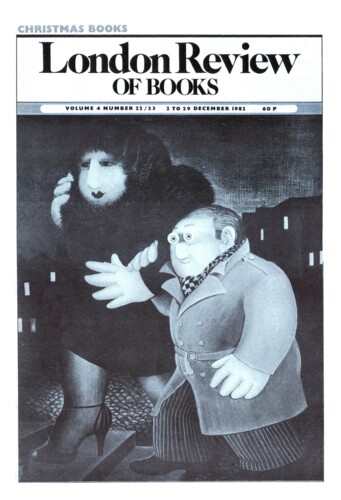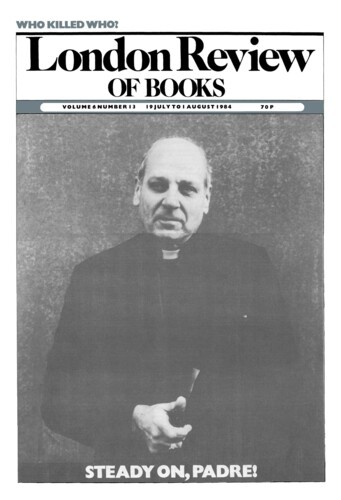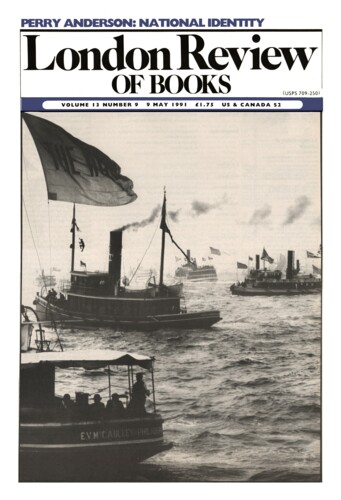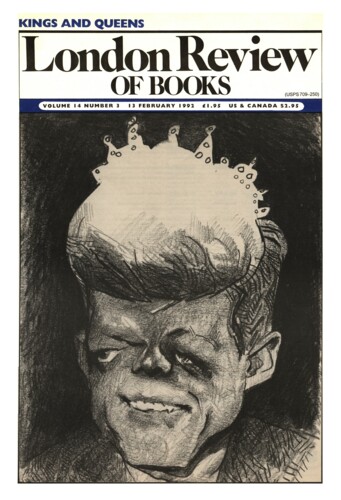Hyam Maccoby
Hyam Maccoby whose books include Judaism on Trial and The Sacred Executioner, teaches at Leo Baeck College, London.
Who killed Jesus?
Hyam Maccoby, 19 July 1984
According to the Gospels, Jesus was the victim of a frame-up. His aims were purely religious, and in pursuing them, he had fallen foul of the Jewish religious establishment, who, in order to get rid of him, concocted a political charge, and managed to hoodwink the Roman governor, Pilate, into believing it. When Pilate still showed reluctance to execute Jesus, they pressed the political charge until he was left with no option: ‘The Jews kept shouting, “If you let this man go, you are no friend to Caesar; any man who claims to be king is defying Caesar” ’ (John 19.7).
Who killed Jesus?
19 July 1984
Scribing the Pharisees
Hyam Maccoby, 9 May 1991
One of the preoccupations of New Testament studies since the 19th century has been to reconsider the bitter attacks on the Pharisees found in the Gospels, in the light the Jewish rabbinic writings. The portrayal of the Pharisees as hypocrites and persecutors, and of their religion as obsessionally ritualistic and legalistic, has played a great part in Christian anti-semitism throughout the ages. Shakespeare, for example, never having met a practising Jew in his life, gave Shylock the characteristics of the Gospel Pharisees, from the remark ‘How like a fawning publican he looks!’ (Luke 18.10) to the elaboration of the allegedly Pharisaic insistence on the letter of the law.
Talmudic Pun
13 February 1992
Pieces about Hyam Maccoby in the LRB
The day the golem went berserk
David Katz, 10 January 1983
A hoary Jewish joke tells of the Jew who is asked to write an essay on the elephant, and returns with a paper entitled ‘The Elephant and the Jewish Question’. The Jewish tendency to...
Jesus and Cain
Edmund Leach, 2 December 1982
I must declare an interest. Since Hyam Maccoby makes no attempt to disguise his prejudices, I will start by declaring my own. The first is respectable. I dislike phoney scholarship....
Read anywhere with the London Review of Books app, available now from the App Store for Apple devices, Google Play for Android devices and Amazon for your Kindle Fire.
Sign up to our newsletter
For highlights from the latest issue, our archive and the blog, as well as news, events and exclusive promotions.




